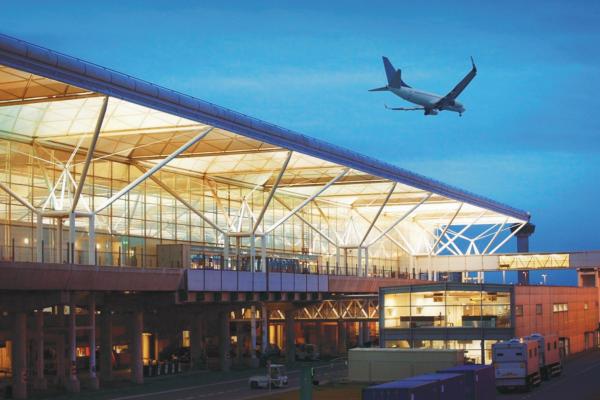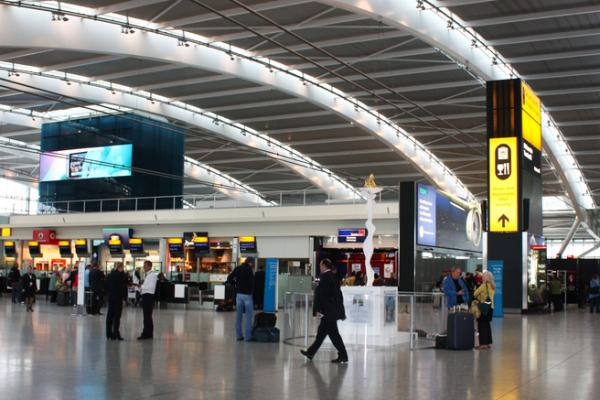This is an extract from an article that Robert Hall, Executive Director of Resilience First, has written for the August 2019 issue of Professional Security magazine. The article is the first in a series on resilience for the magazine with the intention of raising awareness of the topic of resilience and examining its application in various domains. The full article can be read in the August edition of Professional Security.
Resilience First has been carrying out a project at several UK airports to identify common best practices and areas for improvement in adaptability and agility – the essence of resilience. The work is benchmarking current practices and correlating outcomes to specific behaviours linked to long-term sustainability and success.
Any disruption at an airport affects a large community of travellers and stakeholders on both the land-side and the air-side. Airports, like main-line stations, act as micro-cities with a myriad of concessionary shops and restaurants which may have a captive audience but can also be negatively impacted. Then there are the connected interruptions to (and from) road and rail, infrastructure services, suppliers, hotels, etc. Together, they form an ecosystem that constitutes an inter-dependent yet diverse community that adds value to an airport; they also pay a price if the airport is grounded.
Airports have begun to embrace the idea of community rather than operating as individual businesses with other businesses simply working around them. They have also made progress in resilience (beyond business continuity) and have realised that resilience can be tested in different and unexpected ways. Ultimately, however, resilience to incidents will be determined by people who can restore collapsed systems and then make them better so that they don’t fail in the same way again. Some early recommendations from the project are:
- Look further ahead for opportunities as well as risks.
- Link resilience to business outcomes, using a value and systems approach.
- Reduced disruption and increased productivity correlate to improved resilience.
- Embrace wider community approach to ensure collective benefits.
- Include adaptability in new developments.
The full report will be launched in mid-October to coincide with European Aviation Week.
For further reading, please visit our Knowledge Hub.


